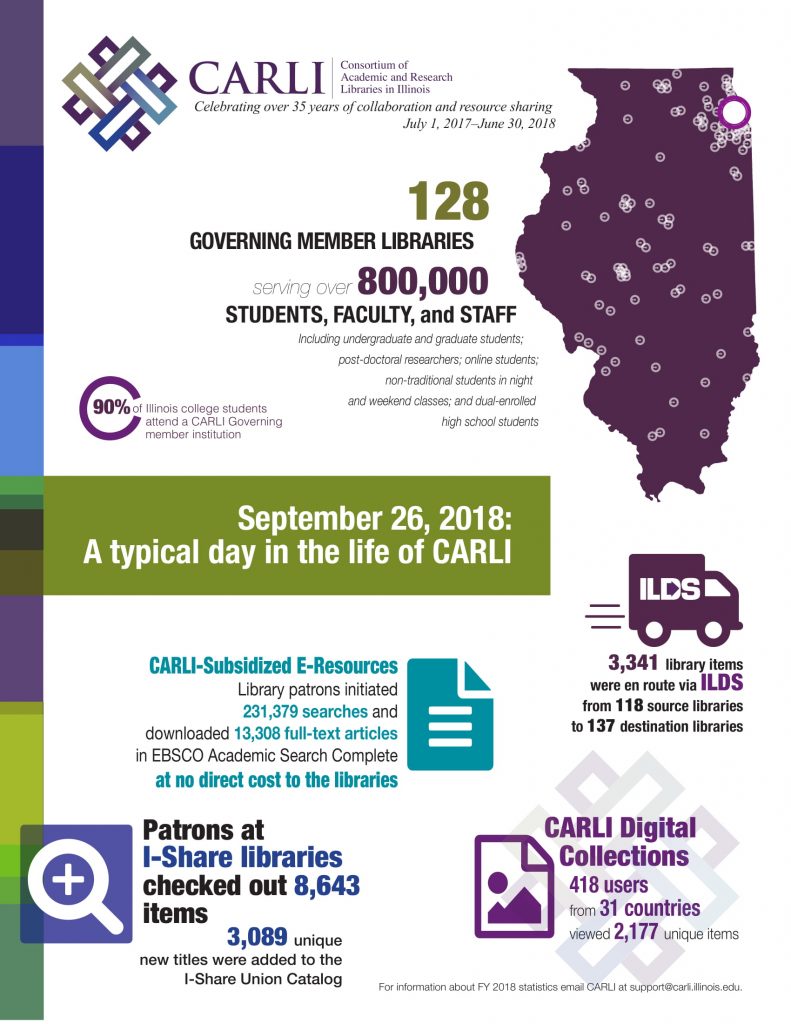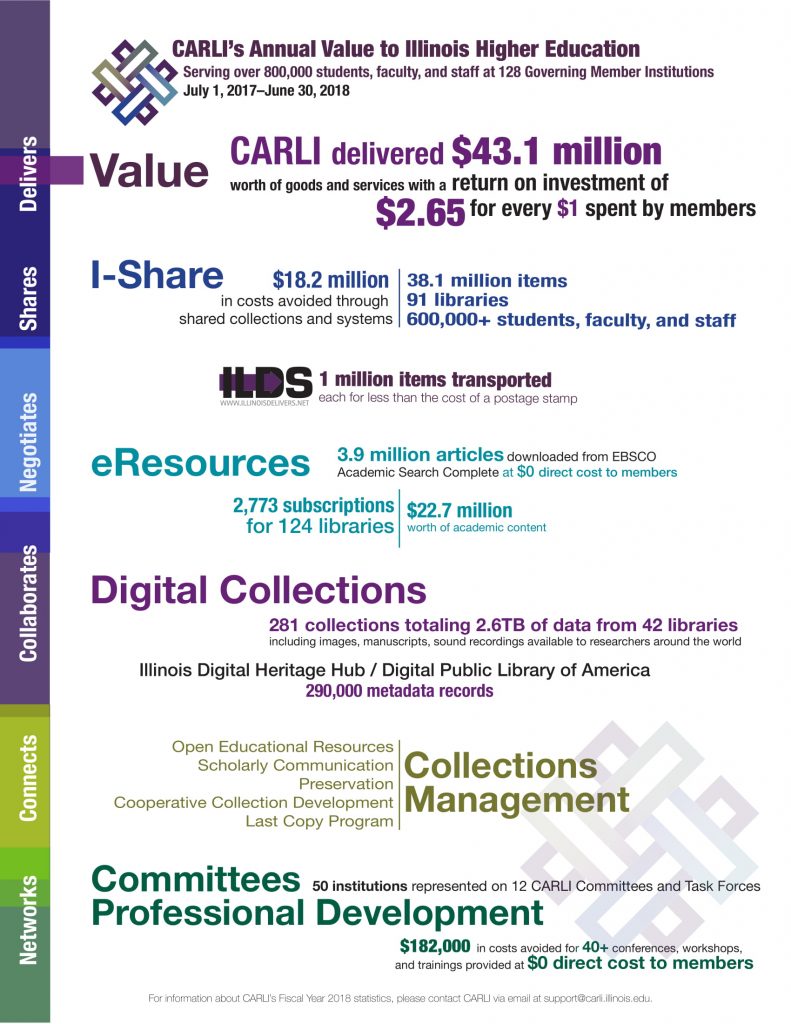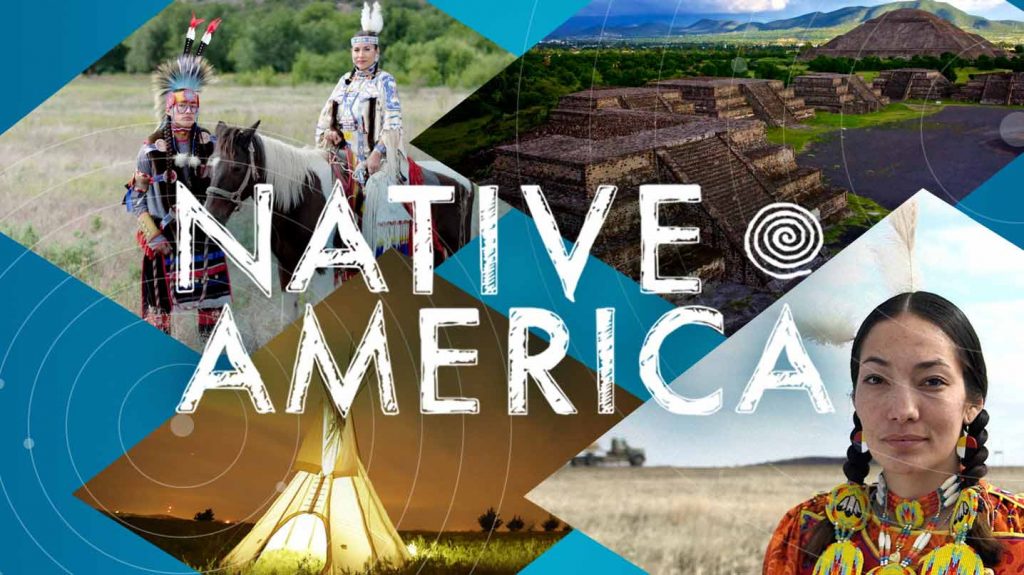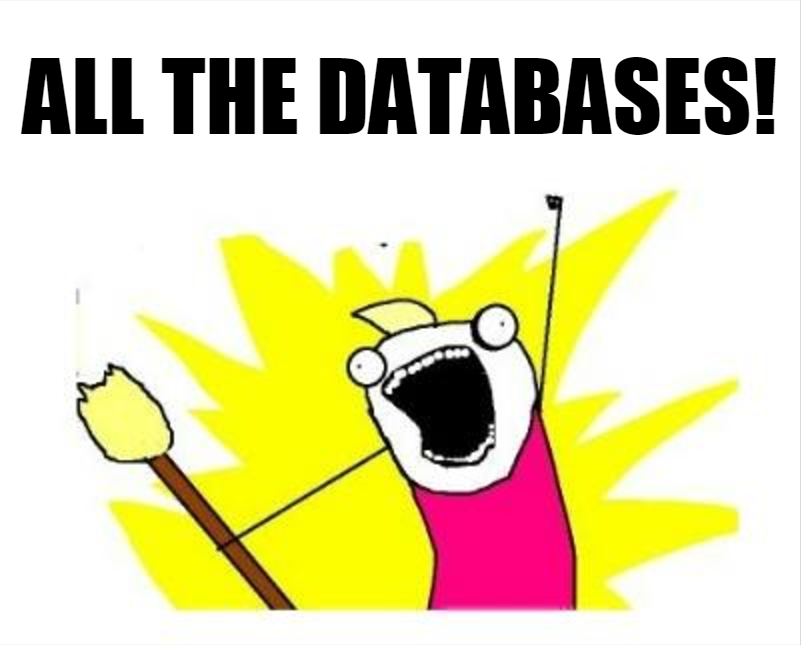2018 Nobel Prize in Chemistry
Awarded to Frances H. Arnold “for the directed evolution of enzymes” and to George P. Smith and Greg Winter “for the phage display of peptides and antibodies.”
“Directed evolution of the tryptophan synthase β-subunit for stand-alone function recapitulates allosteric activation” (Andrew R. Buller, Sabine Brinkmann-Chen, David K. Romney, Michael Herger, Javier Murciano-Calles, Frances H. Arnold, Proceedings of the National Academy of Sciences of the United States of America, 2015)
“Kinase Interaction Domain of Kinase-Associated Protein Phosphatase, a Phosphoprotein-Binding Domain” (Jia Li, George P. Smith, John C. Walker, Proceedings of the National Academy of Sciences of the United States of America, 1999)
“Mapping Epitopes and Antigenicity by Site-Directed Masking” (Didrik Paus, Greg Winter, Proceedings of the National Academy of Sciences of the United States of America, 2006)
2018 Nobel Prize in economic sciences
Awarded to William Nordhaus and Paul Romer for designing “methods for addressing some of our time’s most basic and pressing questions about how we create long-term sustained and sustainable economic growth.”
“Mathiness in the Theory of Economic Growth” (Paul M. Romer, The American Economic Review, 2015)
“The Economics of Hurricanes and Implications of Global Warming” (William D. Nordhaus, Climate Change Economics, 2010)
“Economic aspects of global warming in a post-Copenhagen environment” (William D. Nordhaus, Proceedings of the National Academy of Sciences of the United States of America, 2010)
2018 Nobel Prize in Peace
Awarded to Denis Mukwege and Nadia Murad for their “crucial contribution to focusing attention on, and combating, war crimes.”
“Congo: No Peace Without Women” (Denis Mukwege, Journal of International Affairs, 2013)
2018 Nobel Prize in Physics
Awarded to Arthur Ashkin, Gérard Mourou, and Donna Strickland for inventions that “have revolutionized laser physics.”
“
Design for an Optical CW Atom Laser” (Arthur Ashkin,
Proceedings of the National Academy of Sciences of the United States of America, 2004)
“Extreme Light” (Gérard A. Mourou and Donald Umstadter, Scientific American, 2002) *Note: Only available to licensed subscribers*
“More Intense Shorter Pulses” (Gérard A. Mourou and Toshiki Tajima, Science, 2011) *Note: Only available to licensed subscribers*
2018 Nobel Prize in Physiology or Medicine
Awarded to James P. Allison and Tasuku Honjo “for their discovery of cancer therapy by inhibition of negative immune regulation.”
“APE1 is dispensable for S-region cleavage but required for its repair in class switch recombination” (Jianliang Xu, Afzal Husain, Wenjun Hu, Tasuku Honjo and Maki Kobayashi, Proceedings of the National Academy of Sciences of the United States of America, 2014)
“Recognition of a Ubiquitous Self Antigen by Prostate Cancer-Infiltrating CD8⁺ T Lymphocytes” (Peter A. Savage, Keith Vosseller, Chulho Kang, Kevin Larimore, Elyn Riedel, Kathleen Wojnoonski, Achim A. Jungbluth and James P. Allison, Science, 2008) *Note: Only available to licensed subscribers*






